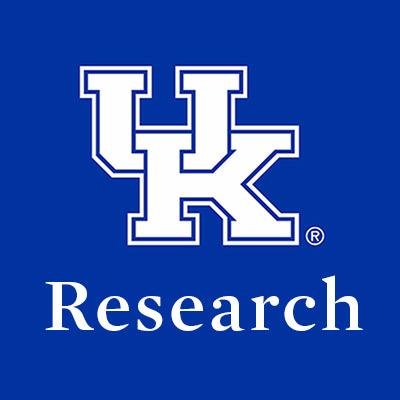UK’s colon and lung cancer research described as ‘groundbreaking’ and ‘surprising’

By Melissa Patrick
Kentucky Health News
Researchers at the University of Kentucky looked at the differences in the colon cancer tumors from Appalachian and non-Appalachian patients as a way to try to explain the high mortality rates of colorectal cancer in Appalachian Kentucky.
The interdisciplinary team of researchers focused on analyzing samples from patients diagnosed with colon adenocarcinoma, the most common type of colorectal cancer, noting that despite Appalachian Kentucky being a rural region with significant economic distress, “the differences in colorectal cancer incidence and outcomes cannot be entirely attributed to resource scarcity,” according to a UK news release.
The study, published in the Journal of American College of Surgeons, “found some genes that were mutated more frequently in the Appalachian population compared to non-Appalachian, and that some cancer-promoting genes were more abundant in the Appalachian cohort,” but “these differences didn’t have an impact on the survival of the patients,” according to the release.
It also looked at the tumor microbiome, focusing on the bacteria present in the tumors. The researchers found that “the group of Appalachian patients had more pathogenic and less beneficial bacteria compared to their non-Appalachian counterparts” and that “seven of those identified bacterial species had an impact on the survival of the patients.”
“Our results demonstrated differences in microbiota between the two groups, suggesting that a unique tumor microbiome could be contributing to poor outcomes,” Dr. Avinash Bhakta, a colorectal surgeon at the UK Markey Cancer Center who led the research, said in the release.
These “groundbreaking” findings could contribute to new strategies to treat colon cancer patients, such as possibly modifying the cancer-promoting microbiome with probiotic or antibiotic therapy, say the researchers, while also noting that more research is needed.
The team included researchers from the Ohio State University Comprehensive Cancer Center and the ORIEN research consent team.
Lung cancer research
Researchers from the UK Markey Cancer Center in collaboration with the University of Florida‘s UF Health Cancer Center, have discovered a “surprising” link to diet and lung cancer, according to a UK news release.
The collaborative study identifies glycogen — the body’s stored form of glucose — as a key driver in lung adenocarcinoma, one of the most common forms of lung cancer.
“The findings, published in Nature Metabolism, . . . show that a high-fat, high-carbohydrate “Western diet” increases glycogen levels in the lungs, accelerating tumor growth and worsening patient outcomes. When glycogen synthesis was blocked, tumor growth was dramatically suppressed,” according to the release.
This research suggests that prioritizing a nutrient-rich diet and maintaining an active lifestyle could be powerful tools in lung cancer prevention — adding “eat better” to the well-known “don’t smoke” guidance for lung health.
“Lung cancer has not traditionally been thought of as a dietary-related disease,” Christine Brainson, associate professor at UK College of Medicine’s Department of Toxicology and Cancer Biology, said in the release. “This discovery changes our understanding of lung adenocarcinoma metabolism and opens new possibilities for both prevention and treatment strategies.”
“The research team found that patients with higher glycogen content in their tumors had shorter survival. The study showed that glycogen was an ‘exceptionally good predictor’ of tumor growth and mortality in lung adenocarcinoma patients,” says the release.
The research team also identified three types of drugs that target glycogen levels, which could potentially be repurposed for lung cancer treatment.